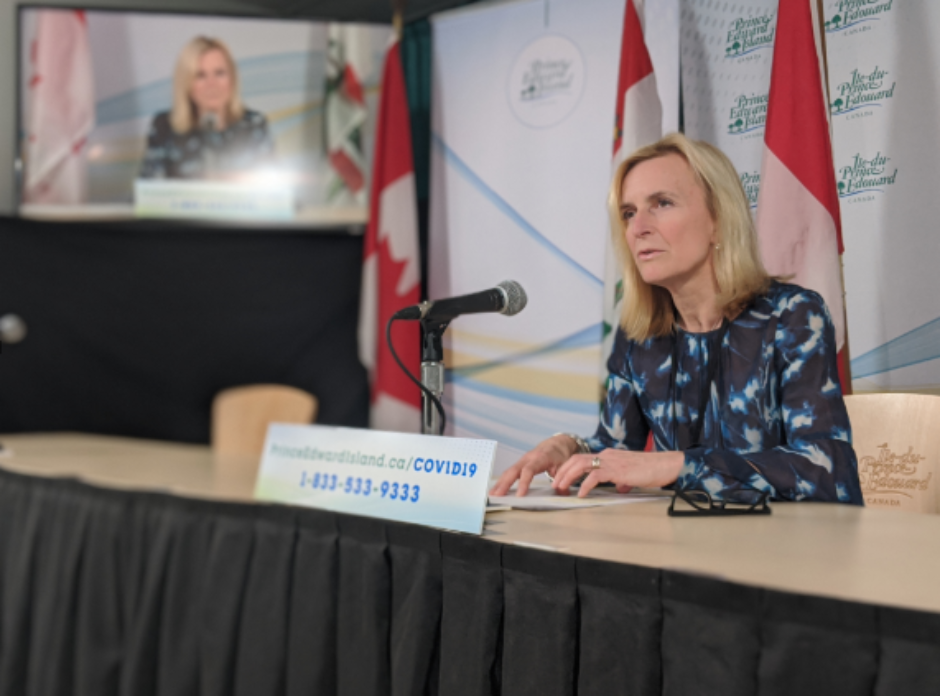May 23, 2020
For a moment during our interview, Dr. Heather Morrison is somewhere else. Her voice is yearning and nostalgic, recalling an image from her childhood.
A book, perched precariously on the side of a stall inside her family’s barn. The memory remains distinct, standing out among the rest.
Growing up, she would walk across her family’s property in York Point, P.E.I., with her sister Michelle, in the direction of the barn. It was the same ritual, every morning and every evening.
There, the sisters cared for the family’s horses, cleaned out the stalls and wheeled out hay and manure.
“I would try and study and clean out the stalls at the same time,” she said, “so it’s always sort of been [about] trying to be as efficient as I could be.
“The only day we were allowed to go late was on Christmas morning,” she said.
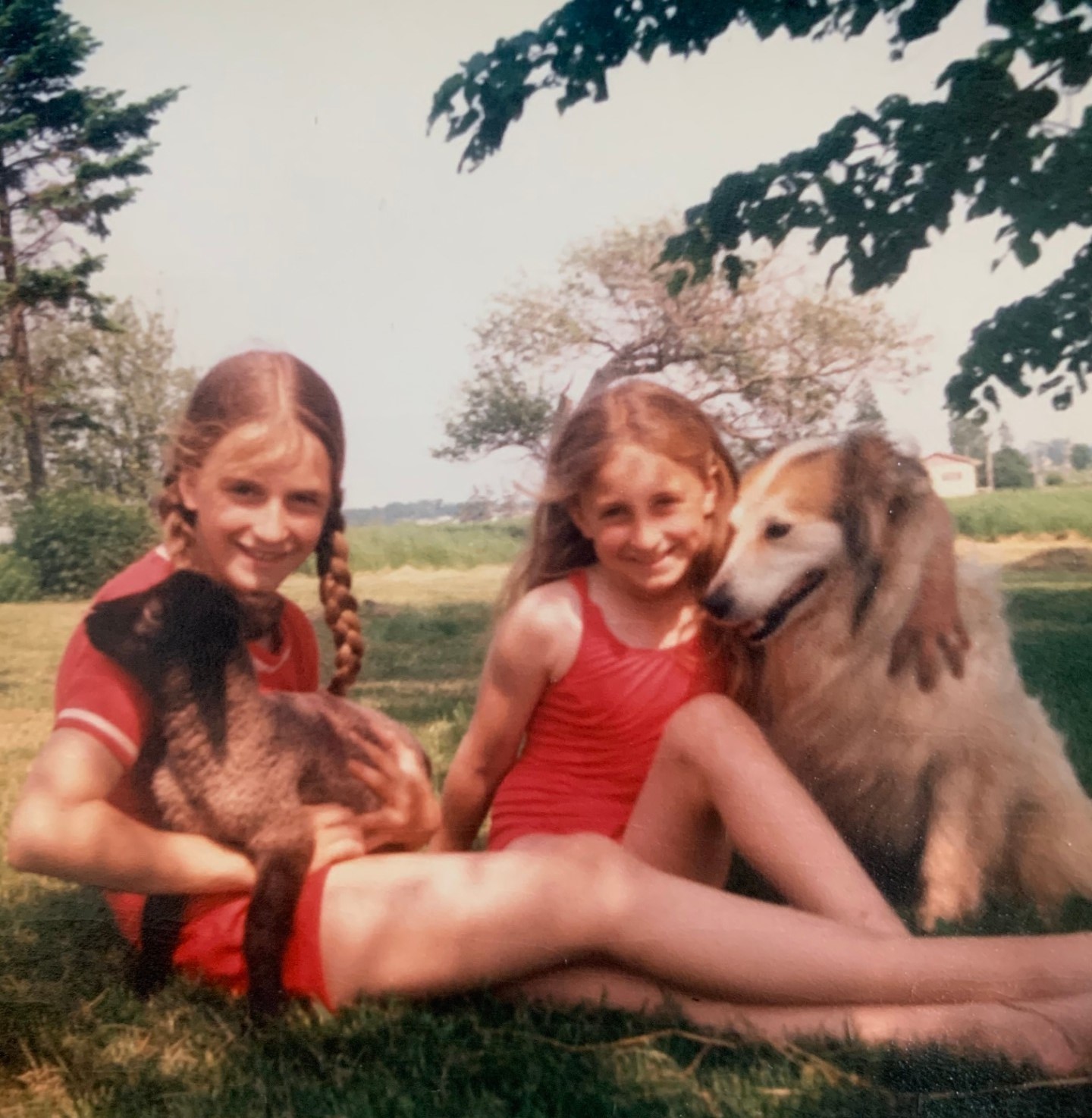
A deep respect for hard work developed on the farm, she said, but the urge to study medicine surfaced later on.
Even as she admits that, “How things work and why they happen was something that really captured” her.
Some people know what they want to do with their lives from a young age, but Morrison insists she wasn’t one of them.
“I’m not sure there was one defining moment,” she said. “I’ve never had that one kind of moment where I fell down the stairs.”
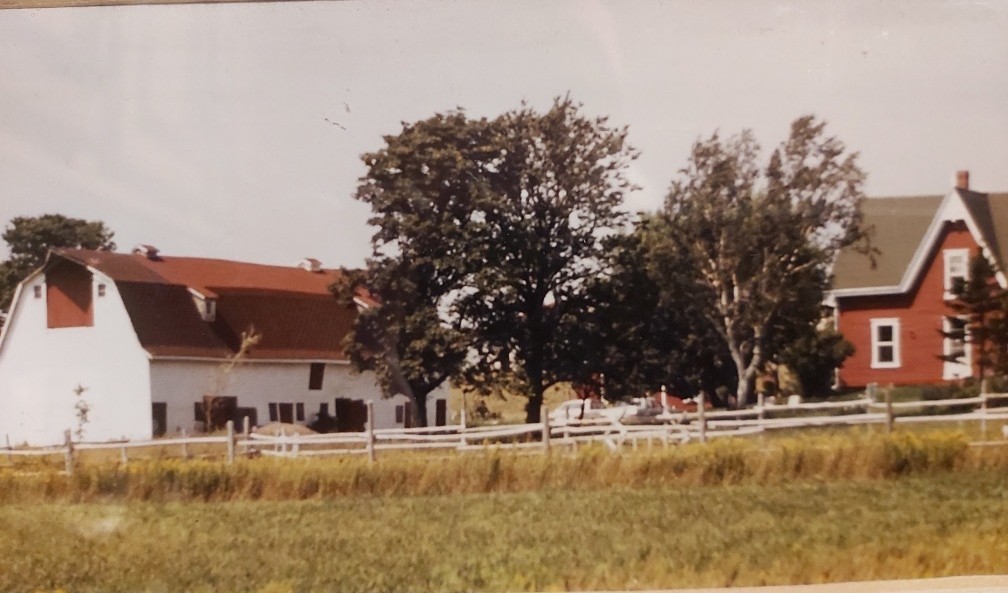
Morrison became P.E.I.’s chief public health officer in 2007.
“It seems like her whole life has prepared her for being the person right now, in this role to help us through it,” said her sister Michelle Morrison, two years her junior.
“She could be anywhere in the world doing it, with her degrees, but she’s here on P.E.I. with us.”
Morrison was P.E.I.’s first female Rhodes Scholar in 1991, and completed her masters degree in 1993.
She returned to Canada in 1994 to complete her medical degree at Dalhousie University and carried out her residency training at the University of Toronto, finishing in 1999.
In the same year, she completed her doctorate degree at the University of Oxford, which focused on social and health policy.
“What I did over there influenced my decision to go into public health,” Morrison said.
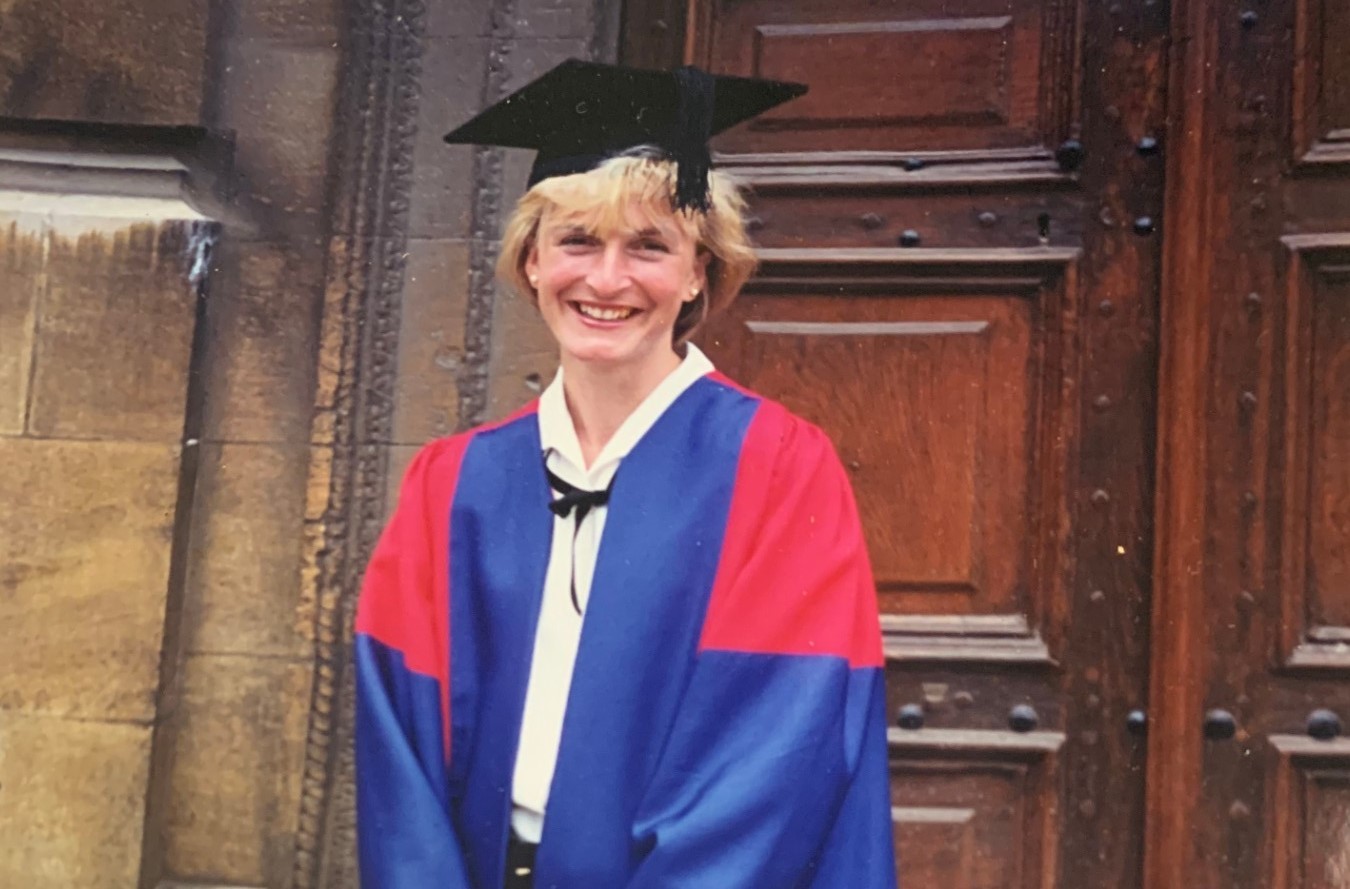
That experience, and “the breadth of people” she was exposed to from all over the globe, broadened her view of the world, she said.
Morrison has served as the chair of the Canadian Council of Chief Medical Officers of Health since 2013.
She has represented P.E.I. on the Public Health Network Council of Canada and serves as P.E.I.’s representative on the National Special Advisory Committee, which has tackled Ebola, the opioid crisis, H1N1 — and now, the COVID-19 pandemic.
“I think I certainly learned the importance of trying to give calm, clear messages as much as possible,” Morrison said of her experience dealing with H1N1, in particular.
“It’s needed during these periods of time. When people are fearful and anxious, which is absolutely normal, we have a new virus, and same with H1N1, a new influenza strain at that time.”
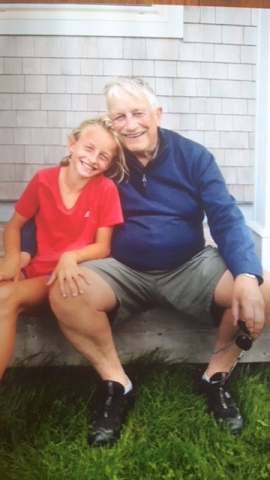
Michelle, whose professional background is in social work, said the sisters’ interest in health and social policy came from the pair’s mother and father and their sense of social justice and where it led them.
“They really ingrained in us a sense of the importance of every human being to be respected, to be treated with dignity,” she said.
“I think that that certainly is how we see the world, Heather and I both.”
The pair’s father, David Morrison, who died in 2017, was a professor of religious studies at UPEI and a minister at St. Paul’s Anglican Church in Charlottetown.
While on sabbatical, his work at institutions like Harvard University took the family to places like Boston, Geneva, Switzerland and Messery, France, where Morrison completed Grade 1.
For many years, he was deeply involved in human rights work with organizations such as Amnesty International.

The sisters' ideas of equality and social justice, Michelle said, were also very much informed through the example of their mother Mary Lou, who for many years worked as a teacher, but now has a private counselling practice on P.E.I.
“She is a wonderful woman and a force to be reckoned with,” she said.
Michelle said in the 1970s, Mary Lou made a motion at a meeting of the Diocese of Nova Scotia and P.E.I. to allow women to become ordained ministers — and she was successful.
“It sort of was very unique and like I said, she just had no real knowledge of how the system worked but just knew that it wasn’t fair,” she said.
“Looking back, I can see that that was a really important part of our world view as a family.”
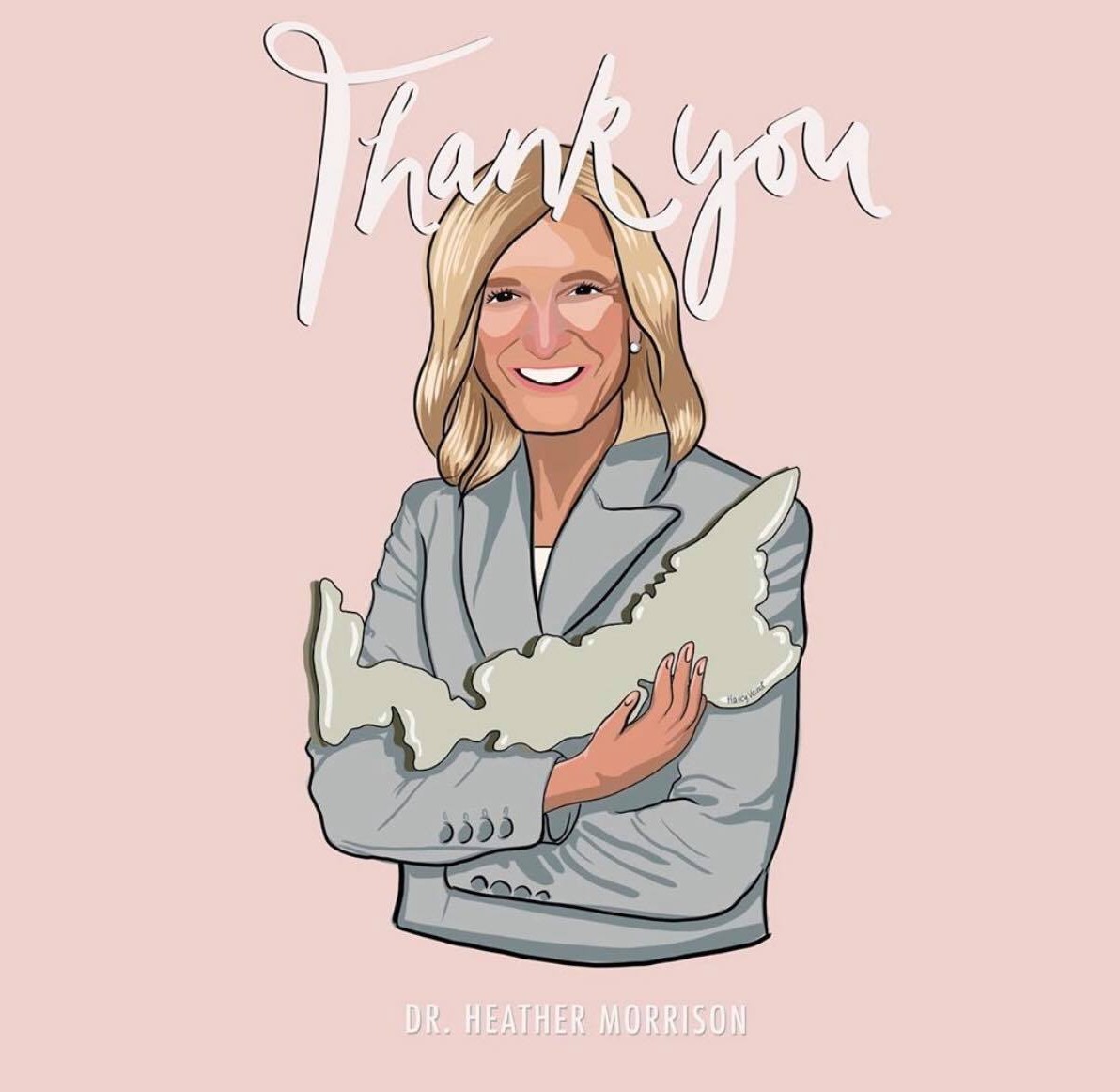
As Morrison has helped guide Islanders through the most devastating pandemic the world has seen in more than 100 years, for her, the most challenging aspect has been the lost time with her four children and her husband.
“They are missing me and I am missing them,” she said.
“They understand what I’m doing, but it’s been really hard … there have been tears by them and tears by me in the last couple of weeks, and I hold them tight when I can.”
As many essential workers across the country will attest, scheduling has been particularly gruelling during COVID-19.
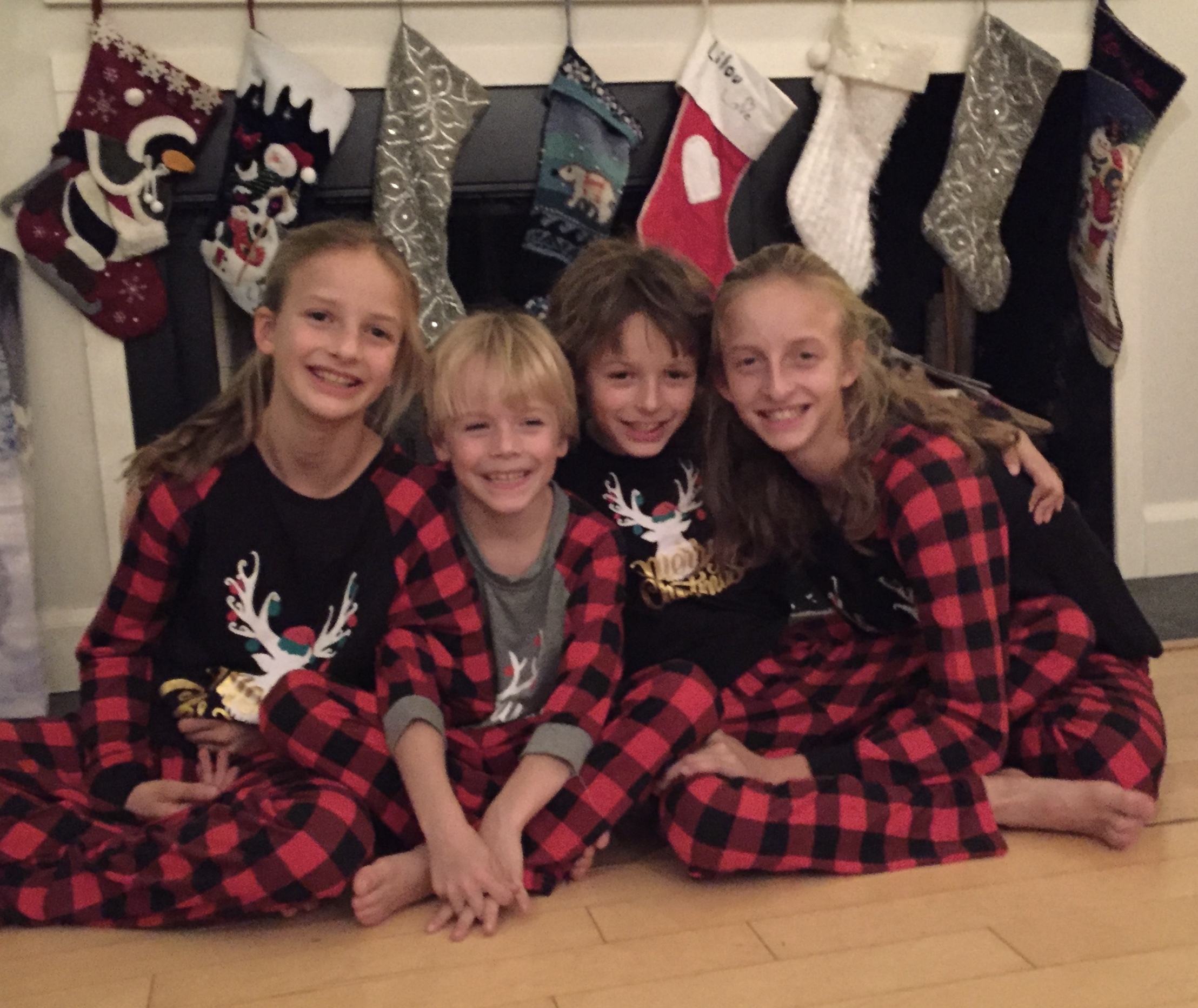
For Morrison this obstacle has been made more challenging by the fact her husband, J.F. Bader, is also an emergency room doctor at the Queen Elizabeth Hospital in Charlottetown.
“He’s amazing,” she said. “He’s been my support that I know is there, that I know I can be myself with.”
She said she’s appreciated the generosity shown to her family from others.
“We’ve had so many kind neighbours who have reached out to drop off food and support for my husband and the kids.”
Michelle said her sister’s attention to detail goes beyond her professional life and into the lives of her children.
“The little tasks of, you know, putting on a good birthday party for her children or sitting with them while they’re doing their piano or homework … she puts as much attention and her presence into everything,” she said.
“I literally do not know how she packs into the day what she does.”
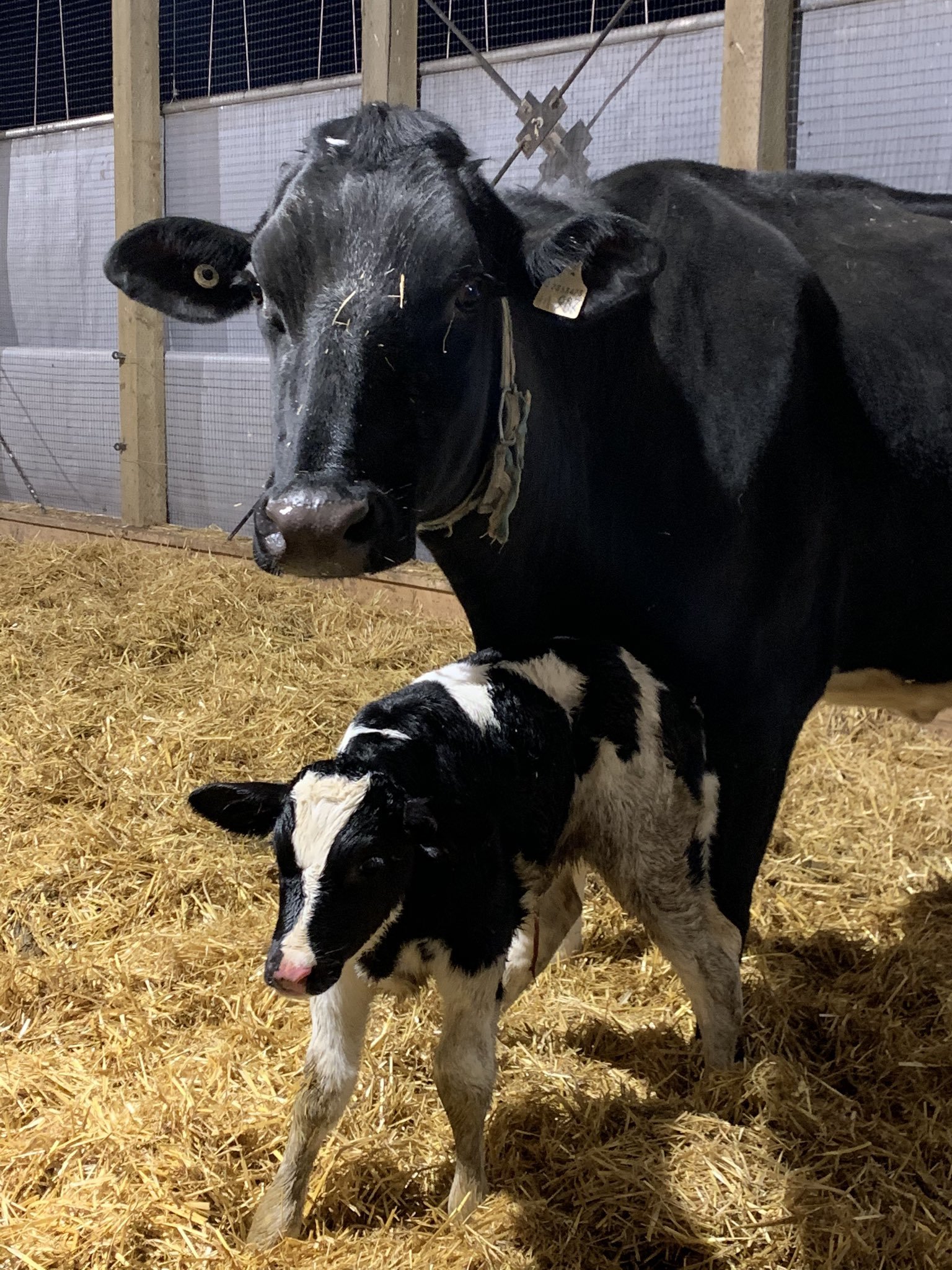
A few months ago, holding the position of P.E.I.’s chief public health officer afforded a comfortable level of anonymity, even in a province renowned for its tight-knit communities.
Now, in the midst of a global pandemic, Morrison, along with health officers across the country, has become a household name.
T-shirts depicting Morrison as a superhero-doctor-hybrid, illustrations rendered by Island artists and jigs composed by Island musicians are just some examples of Morrison’s impression on Islanders in recent weeks.
In March, Agriculture Minister Bloyce Thompson even made a gesture of thanks, naming a newly-born calf after her and another after Health PEI’s chief of nursing Marion Dowling.
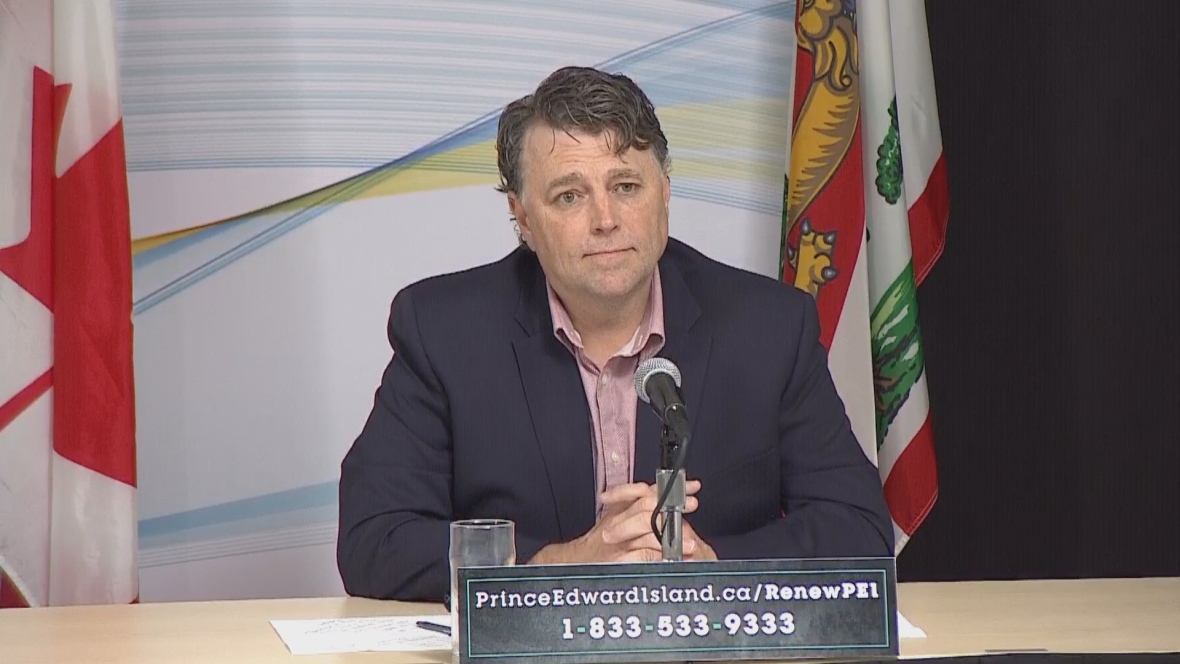
So far, Prince Edward Island has only had 27 cases of COVID-19 and all are considered to be recovered, a factor no doubt, contributing to Morrison’s sudden near-celebrity status.
But it hasn’t all been positive feedback from Islanders. Some have expressed confusion, for instance, on the use of masks and restrictions at the Confederation Bridge.
Some Islanders have communicated their resistance to the province’s plans to begin reopening the Island to seasonal residents. Not all comments directed to Premier Dennis King and Morrison were kind.
On Friday, RCMP were called to King's home in Queens County after a person upset with some of the province's COVID-19 decisions arrived on the property.
Police determined that no threats were made and that there was no cause for concern over safety. As a result, no charges were laid.
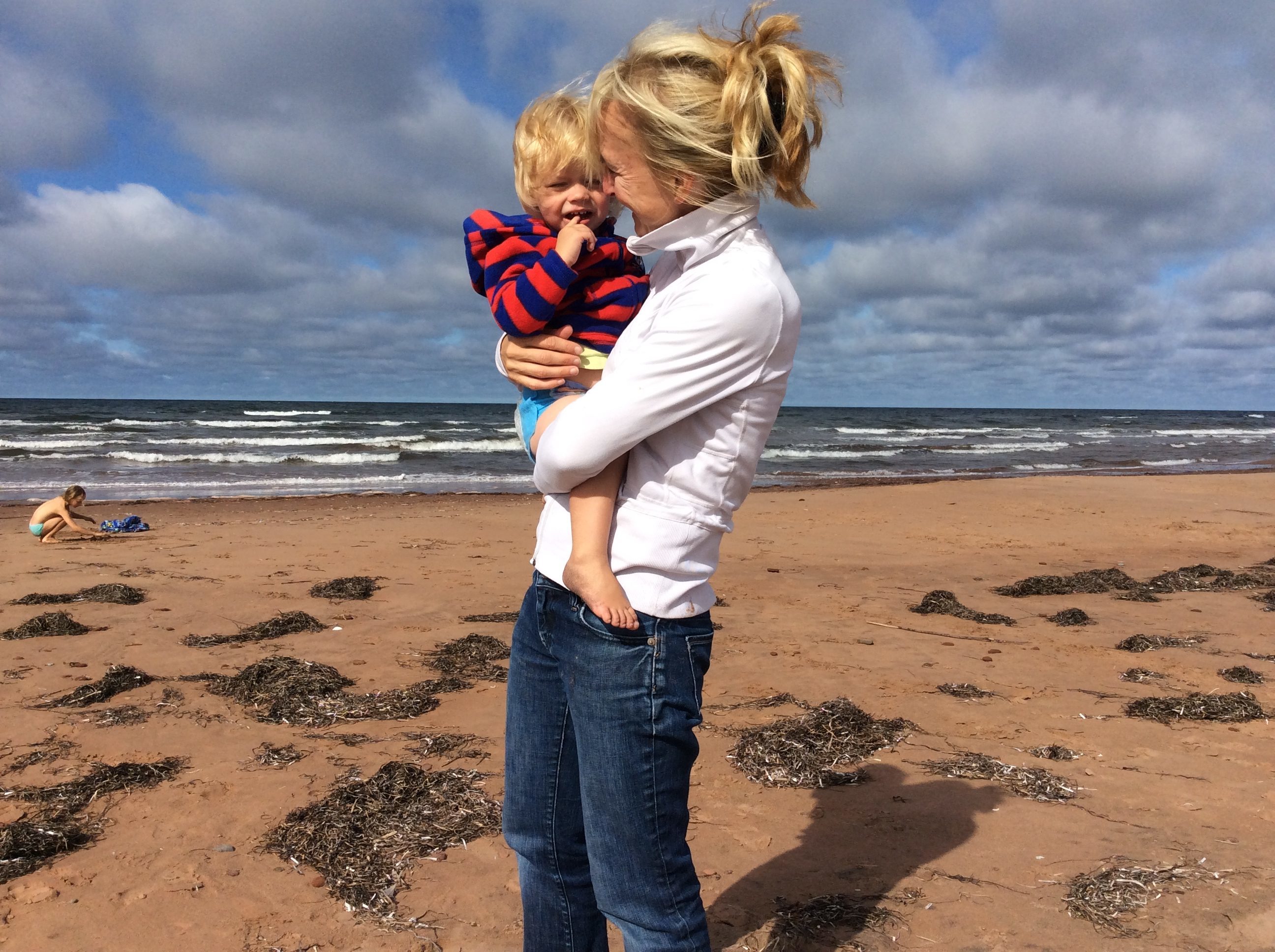
King began Friday’s media briefing asking for civility from Islanders who disagree with the decision on seasonal residents.
Morrison gave her health update and finished with a plea of her own.
"We do need to be grateful and we need to be thankful," Morrison said, her voice breaking as she became emotional.
'I hope for all of us, that we will appreciate things a little differently as we go forward,' — Dr. Heather Morrison
When speaking with me, Morrison acknowledged the criticism and concerns expressed by some Islanders.
“Where there are questions it points to me and to the office, we need to do a better job of explaining things,” she said.
“It’s somewhat challenging because what we have been saying about the virus has evolved. So that’s always challenging when you’re trying to communicate with an evolving virus and an evolving science.”
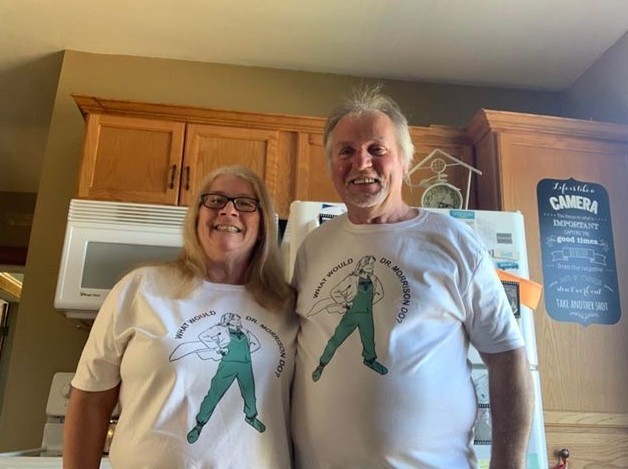
As the province further relaxed its COVID-19 restrictions on Friday, launching Phase 2 of its ease-back plan, Morrison credits Islanders and their response to the pandemic with P.E.I.’s success in keeping its case numbers low and hospitalizations at bay.
“Islanders’ ability to come together and follow these public health measures so well in such a challenging circumstance, I think that’s incredible and it made a difference here. I firmly believe that collective response helped us,” she said.
“I hope, not just for me, but I hope for all of us, that we will appreciate things a little differently as we go forward.”
While living in a world trying to make sense of itself in a time of great uncertainty, Morrison said she remains hopeful for the future and grateful for the present — another lesson learned from Mary Lou.
“My mother kept a jar, and I remember every time she walked by and thought about someone she was thankful for or something she was thankful for, she would drop a penny in the jar,” she said.
“And as children we would watch that grow.”
